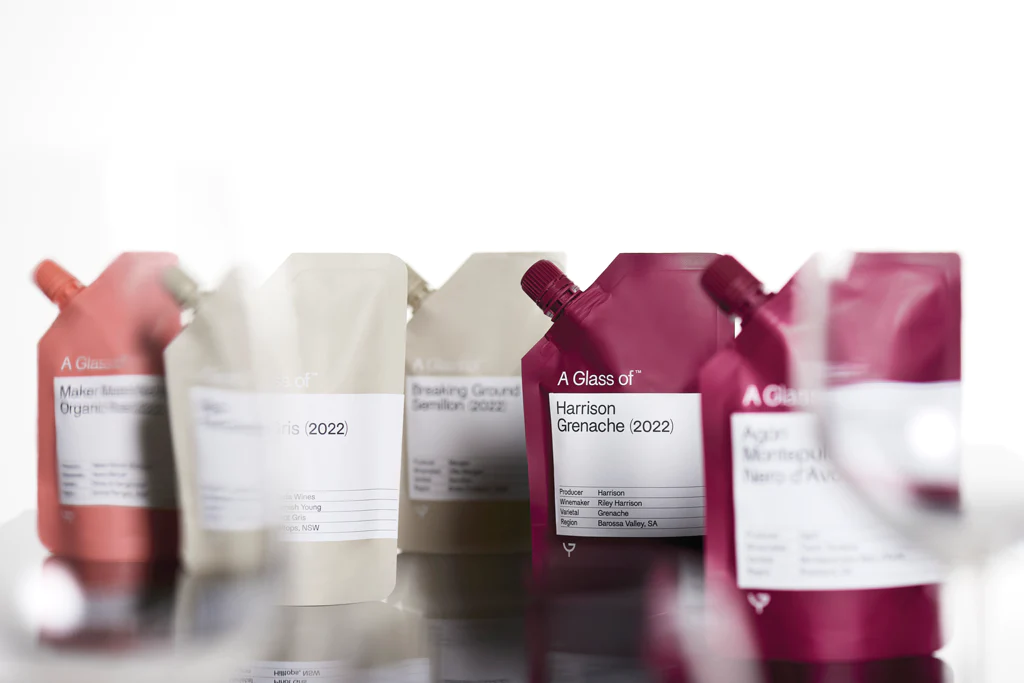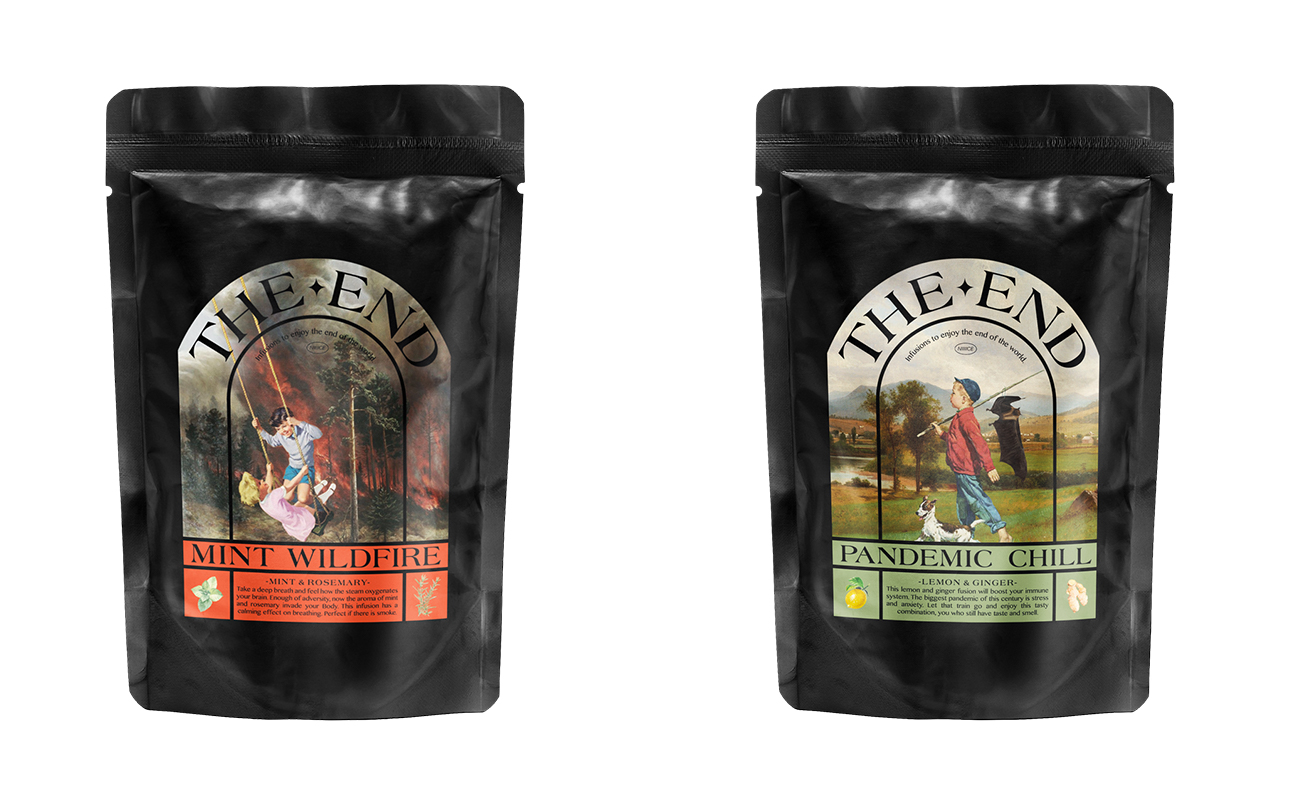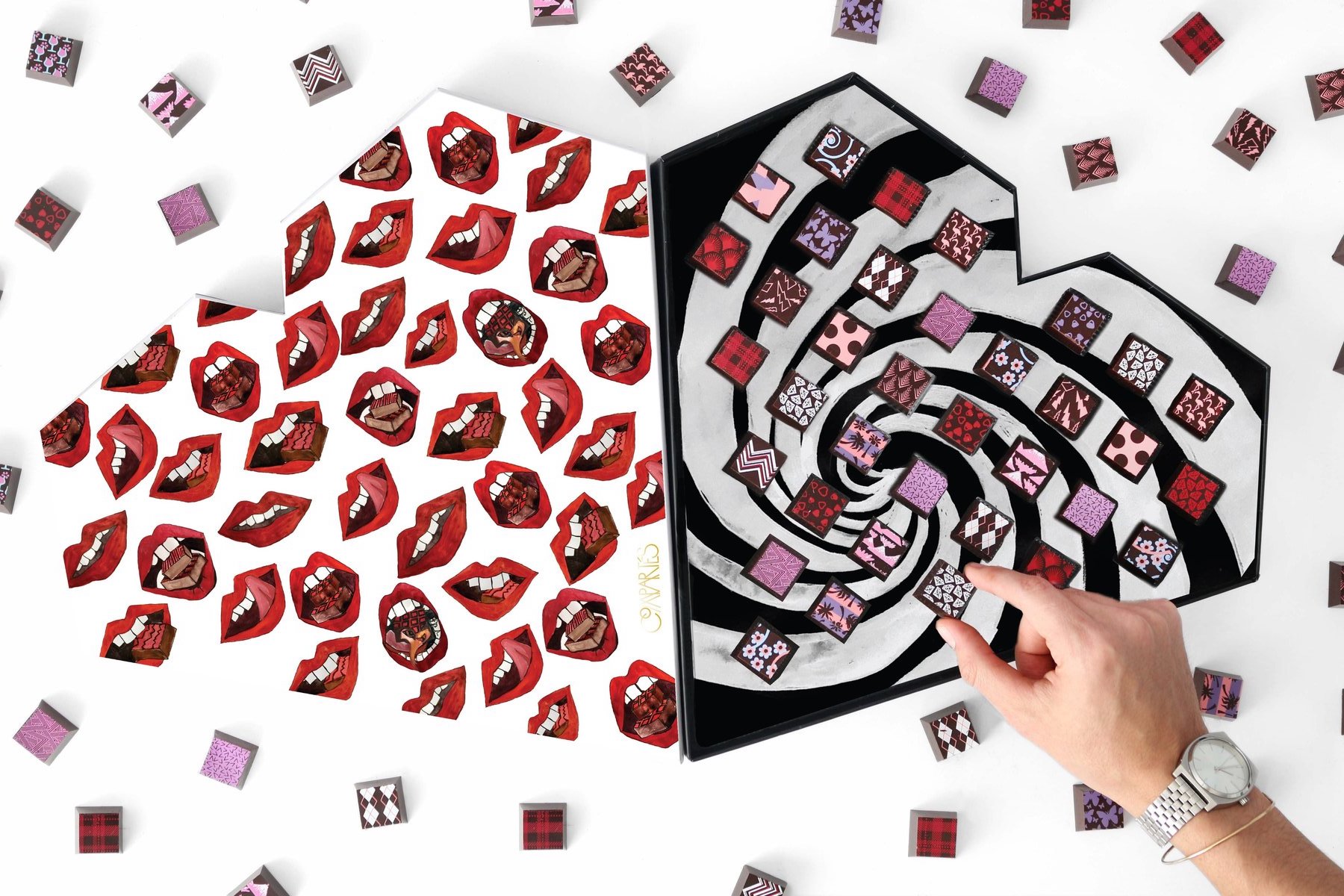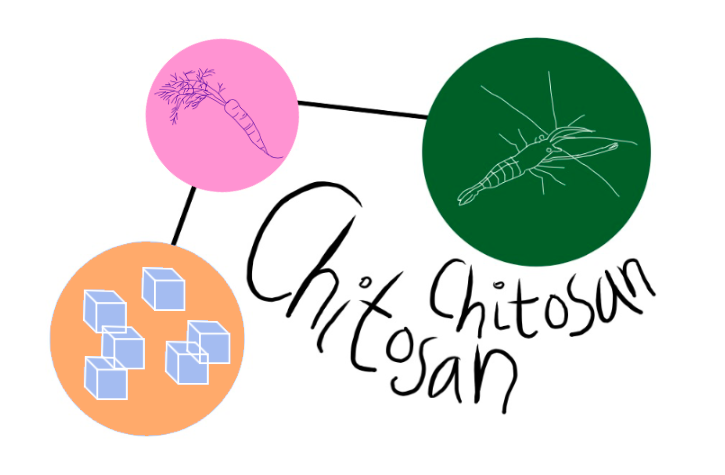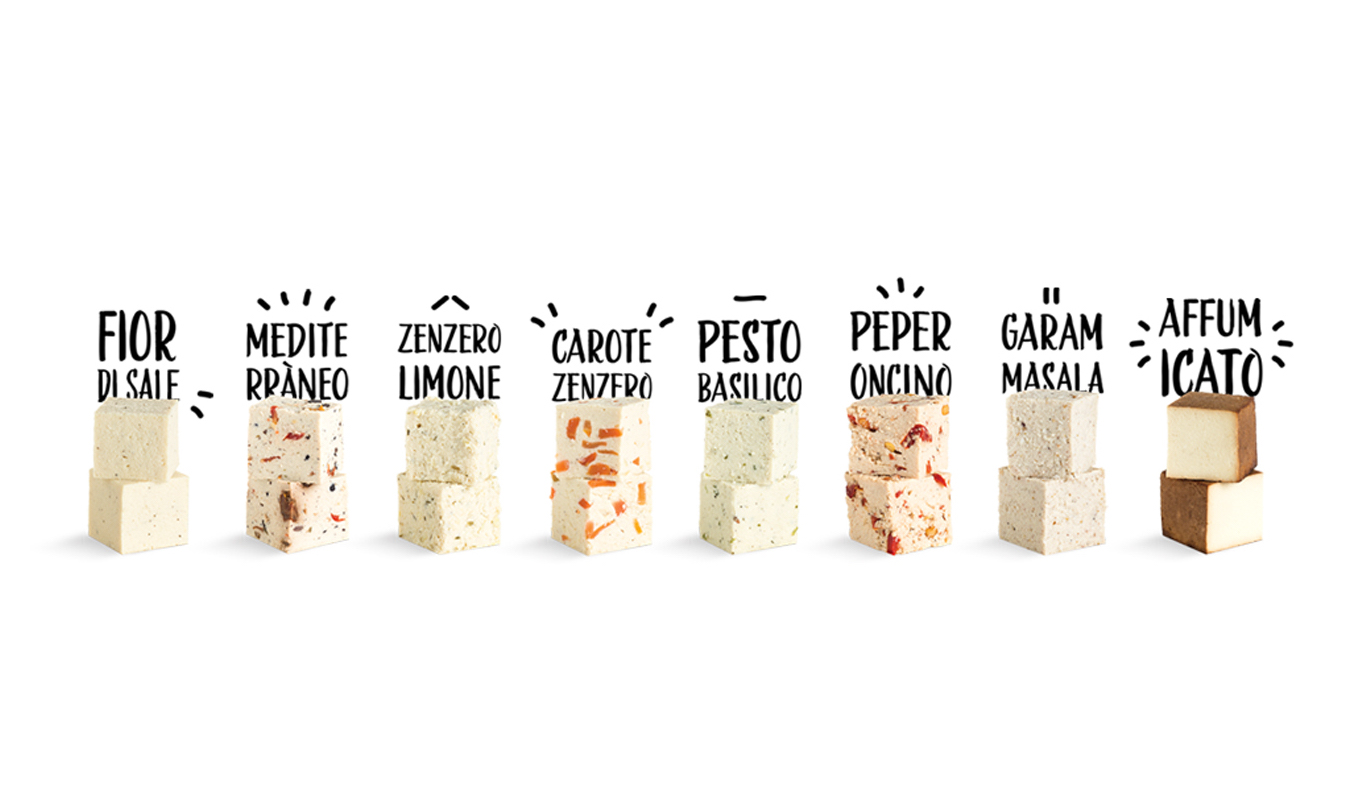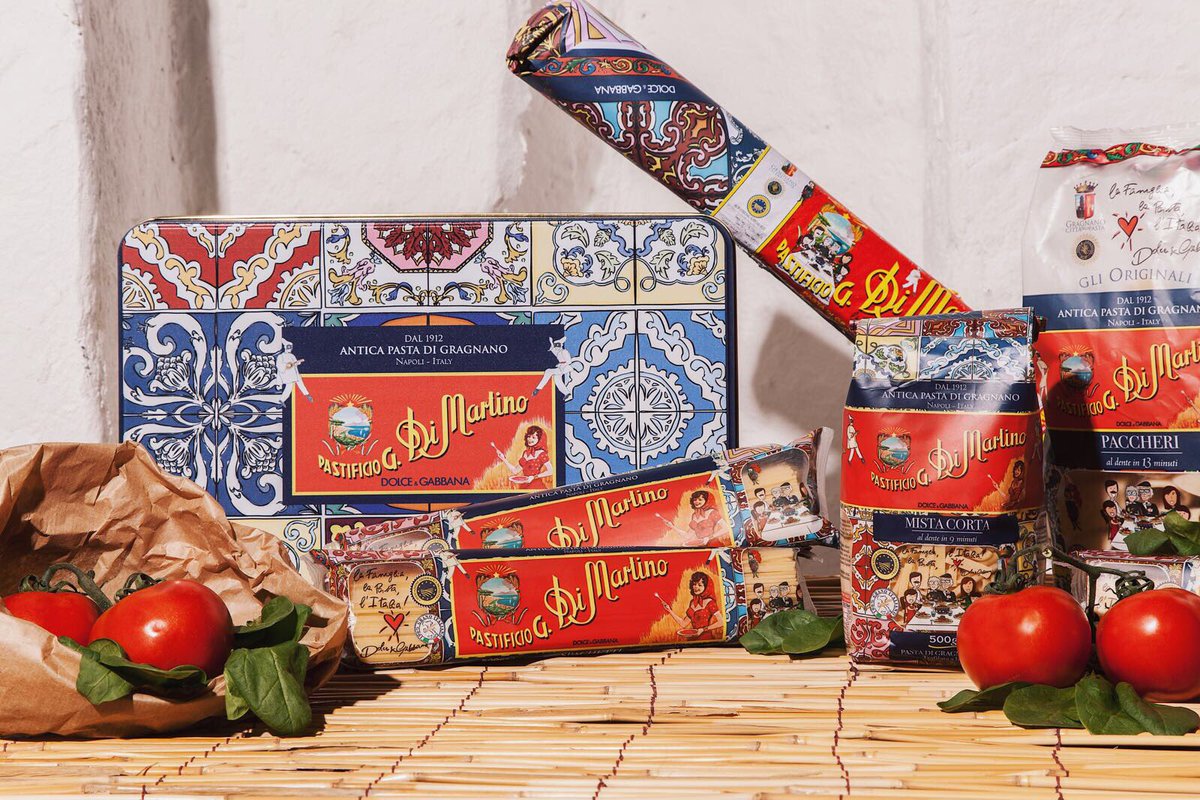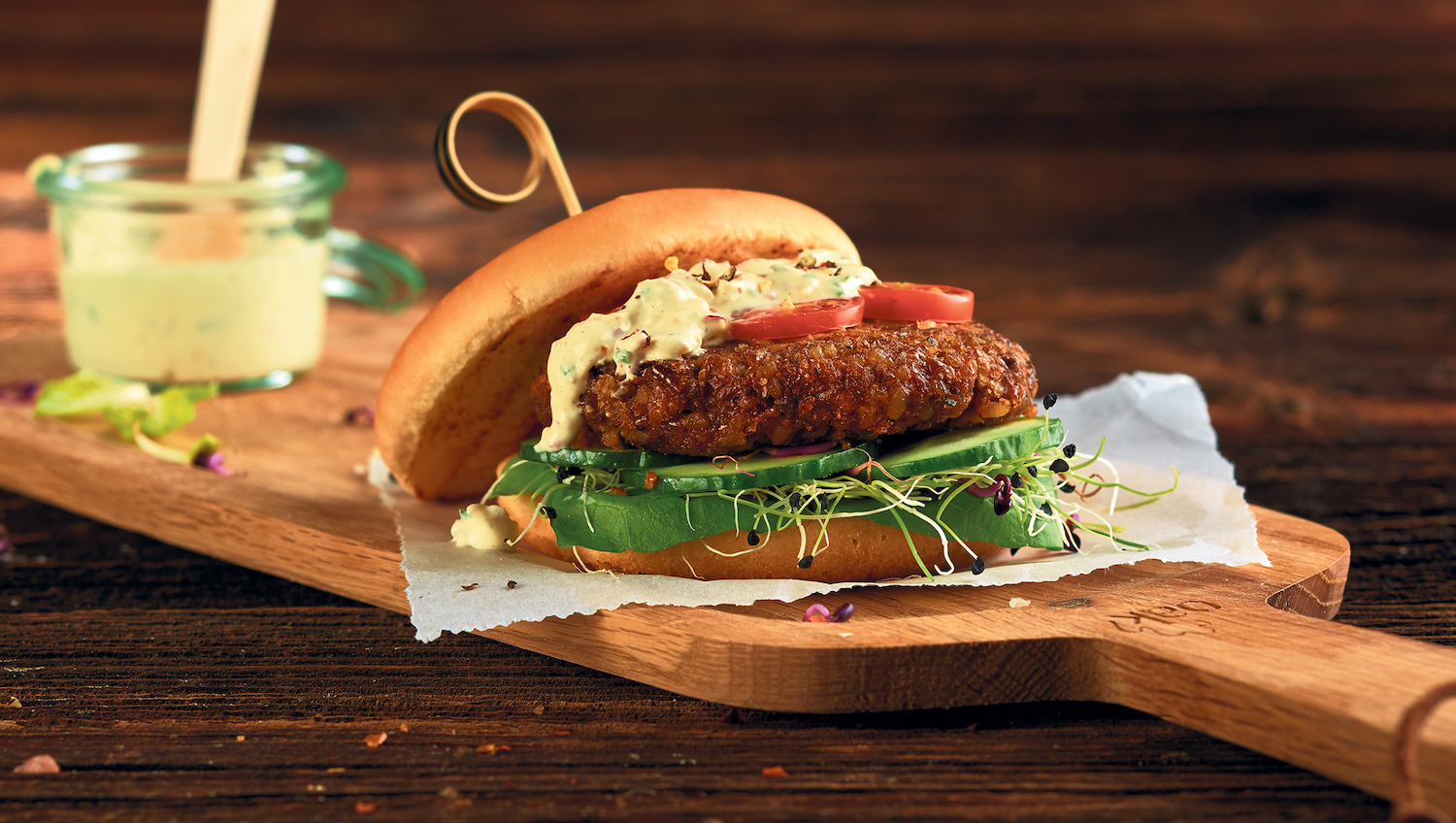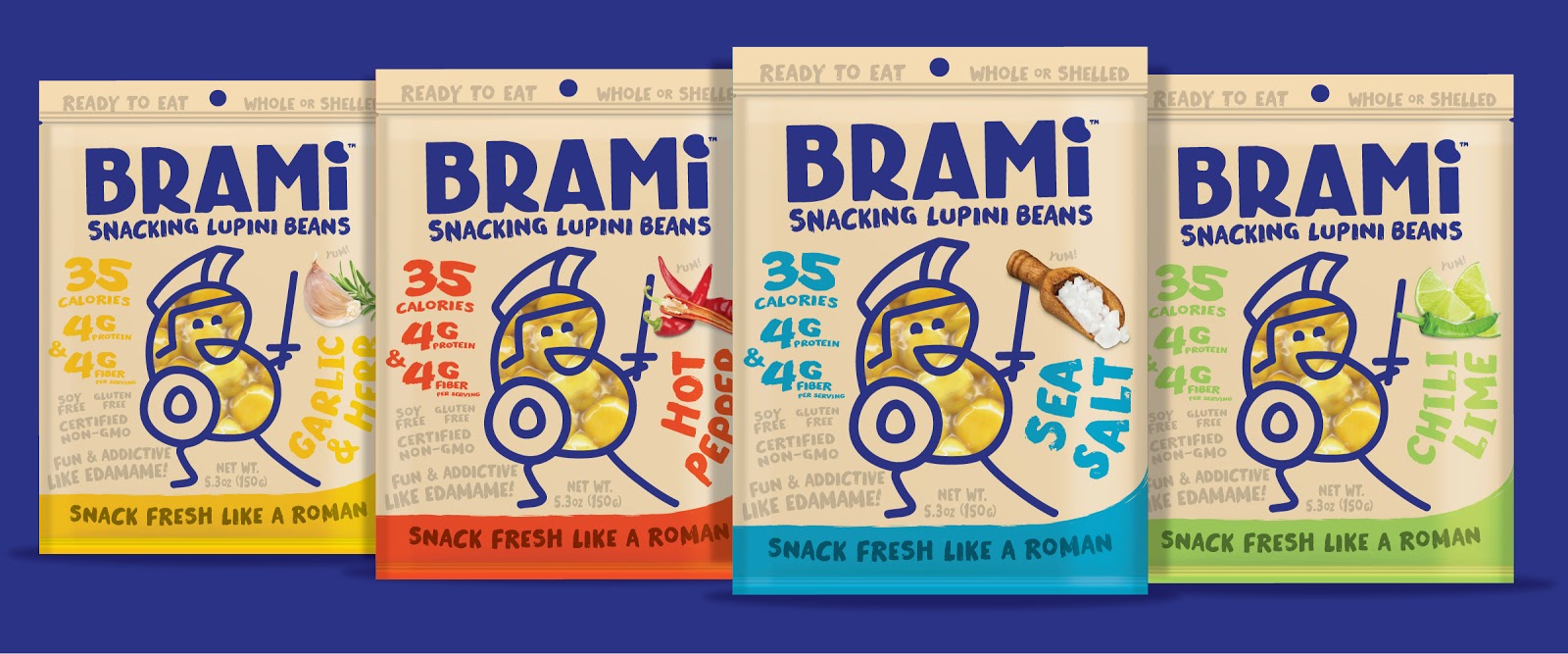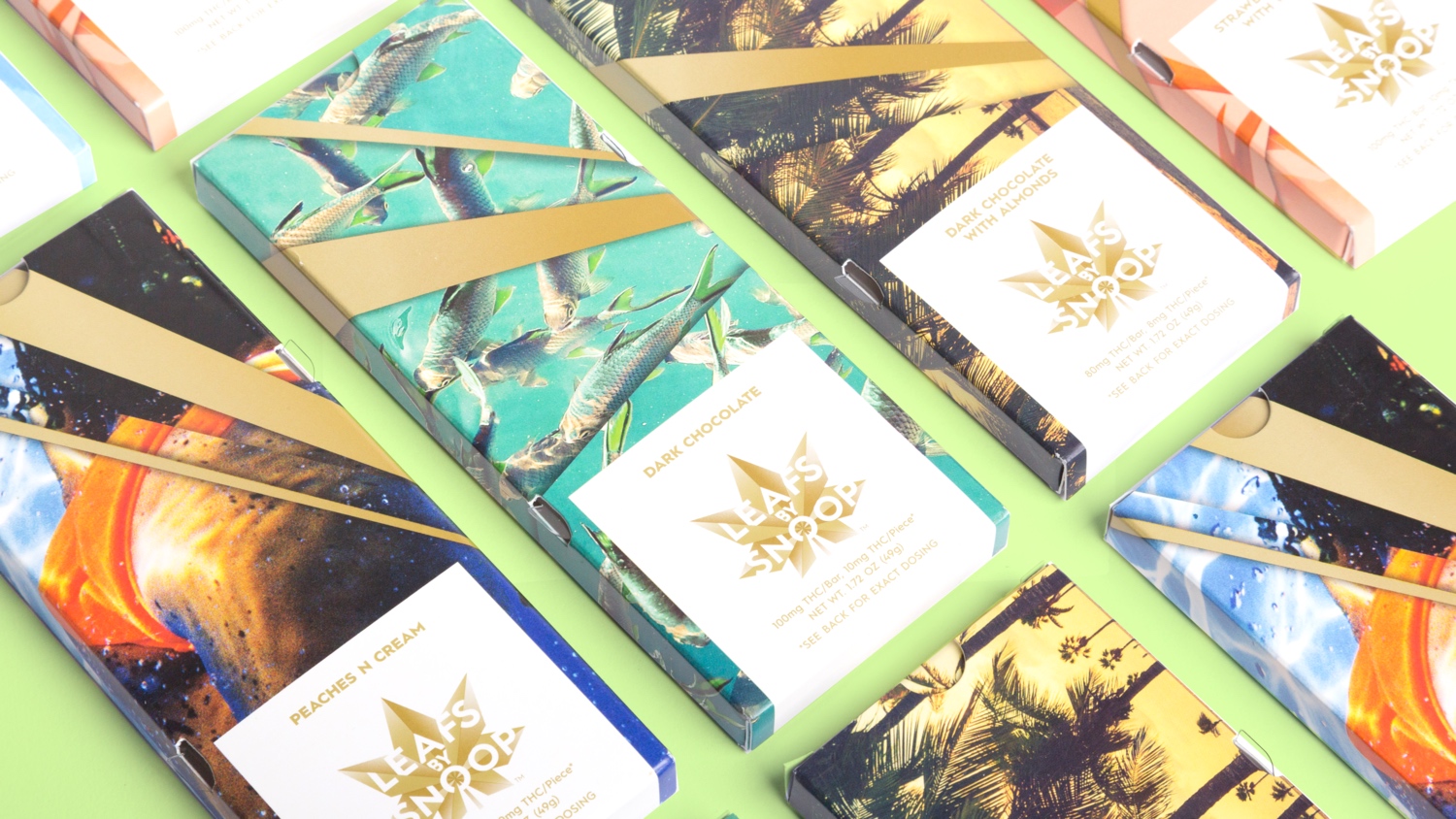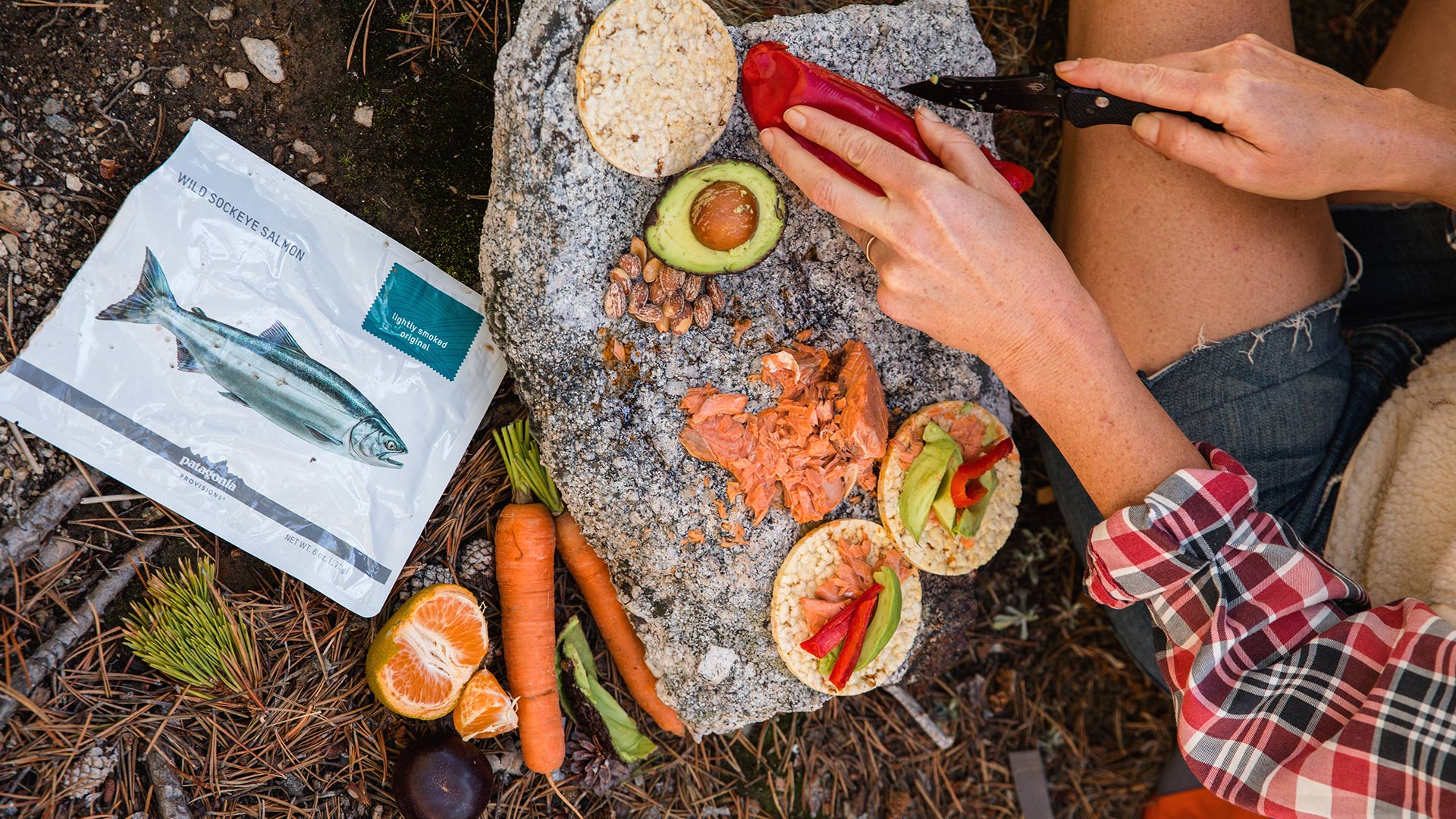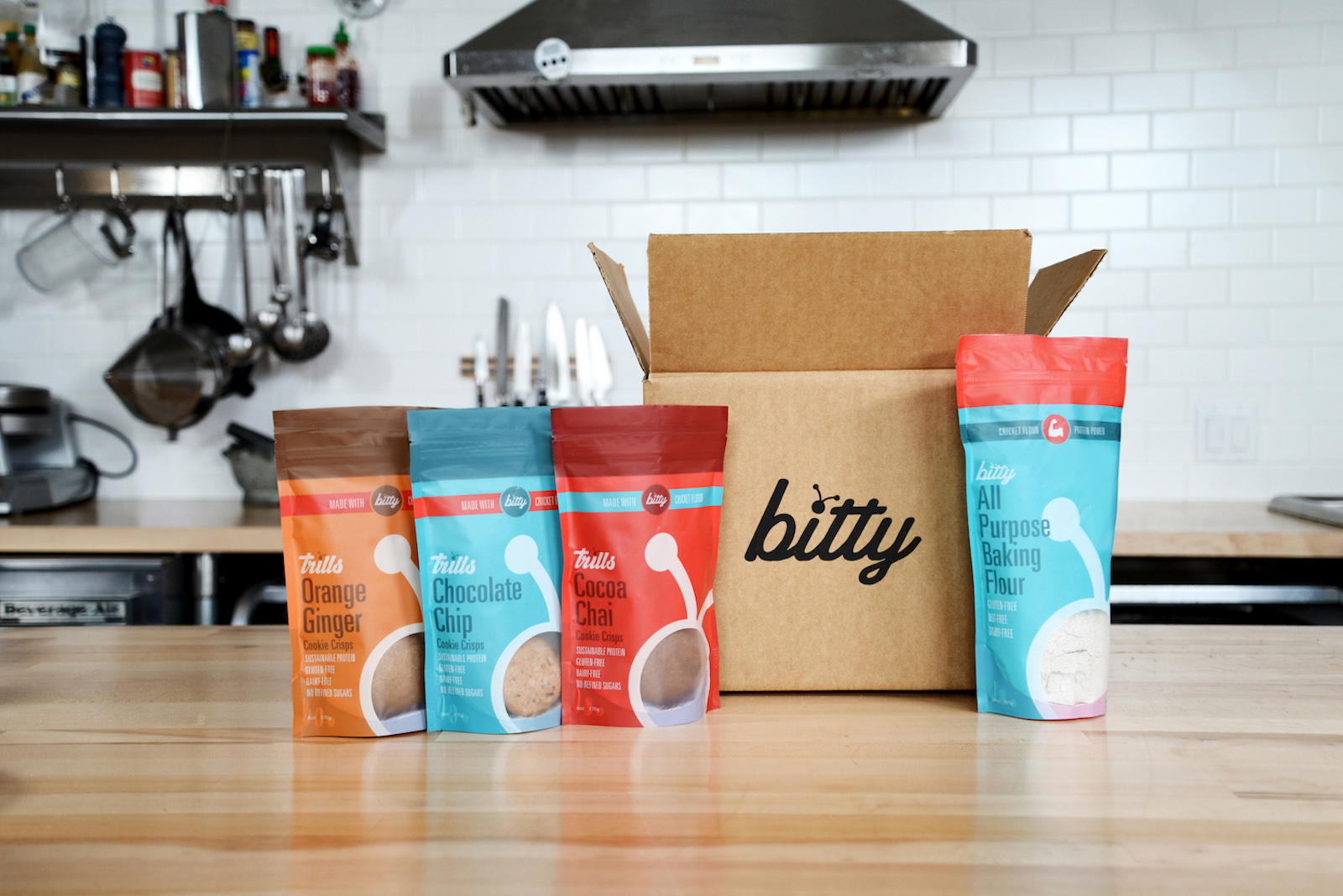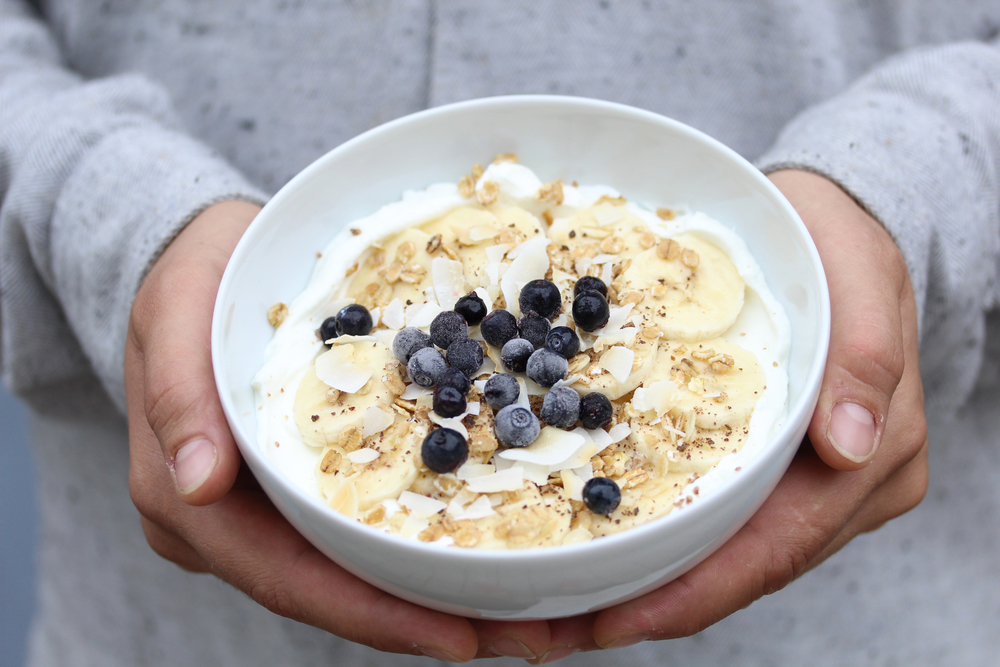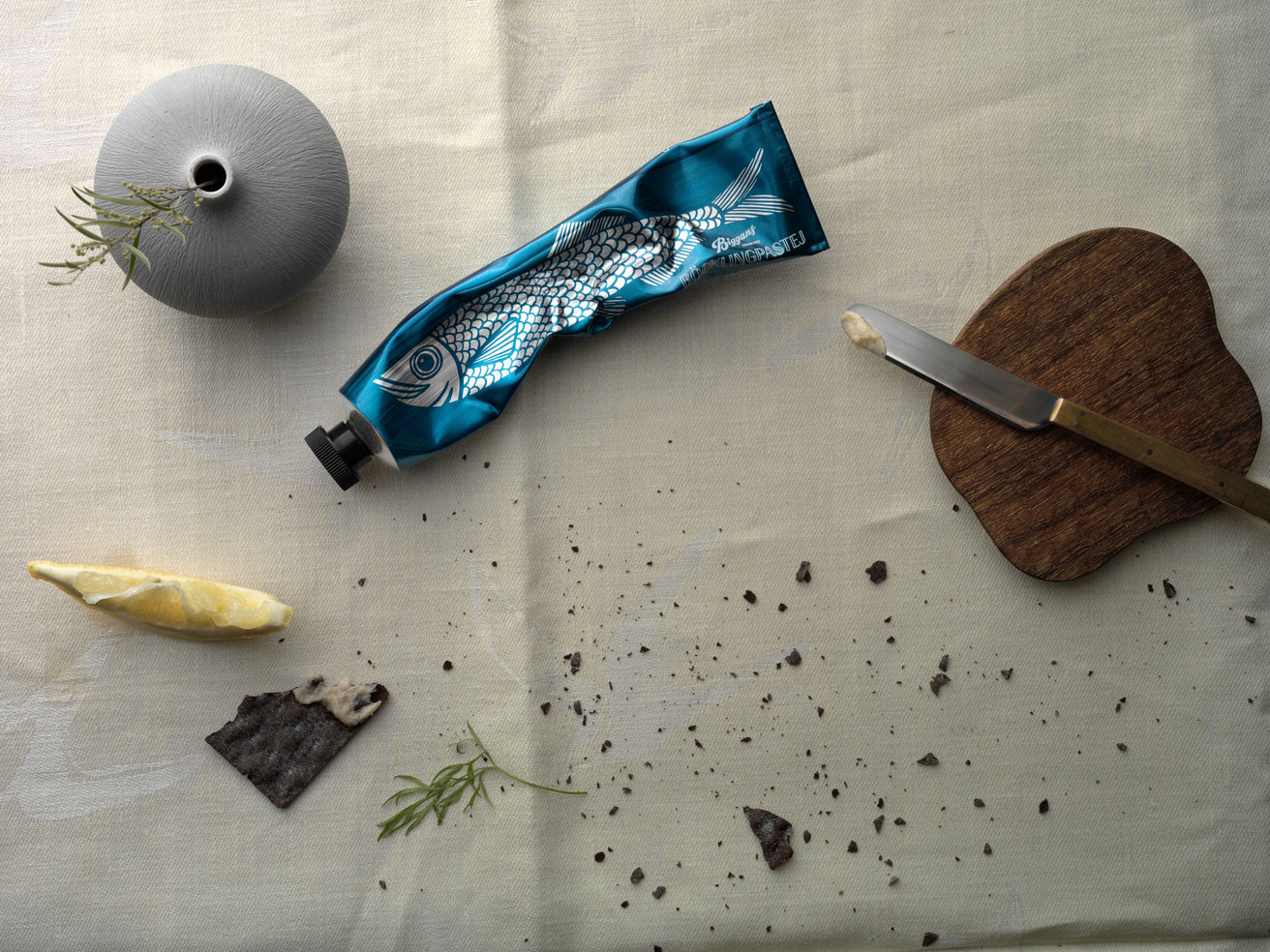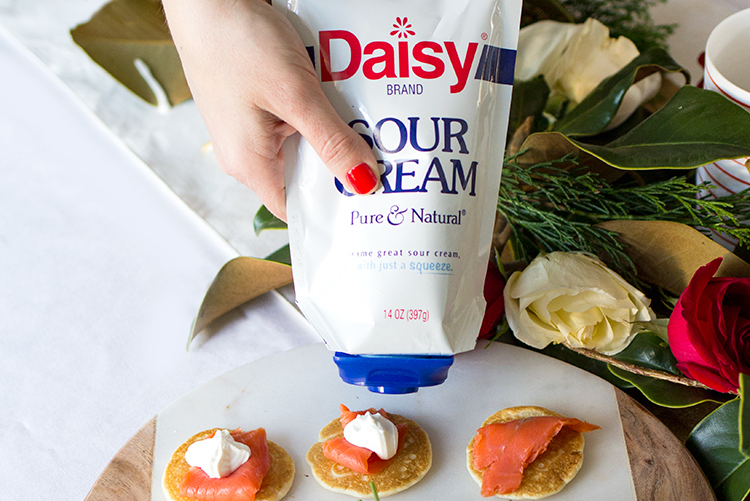While we know a bit of bacteria can create an extra delicious sourdough, we’re still understandably wary of germs in the kitchen. Wrapping everything in a thick layer of plastic wrap can only help so much. But what if that wrap actually killed bacteria and prevented spoilage? Researchers at Kaunas University of Technology in Lithuania are currently in the process of creating precisely that.
Headed by Dr. Paulius Pavelas Danilovas, the team at university’s department of polymer chemistry and technology is developing a packaging material that would reduce both food-borne illness and food waste. So far, the team has had success combining clove oil, ionic silver particles and modified-cellulose. Each component plays a unique role. Clove oil neutralizes free radicals, helping prevent food from oxidizing and spoiling. Ionic silver particles are embedded into the packaging along with the clove oil to inhibit bacteria growth. The packaging is made from modified-cellulose composites, or altered plant cells, and can degrade in nature in two years. Not shabby compared to your average roll of nondegradable plastic wrap.
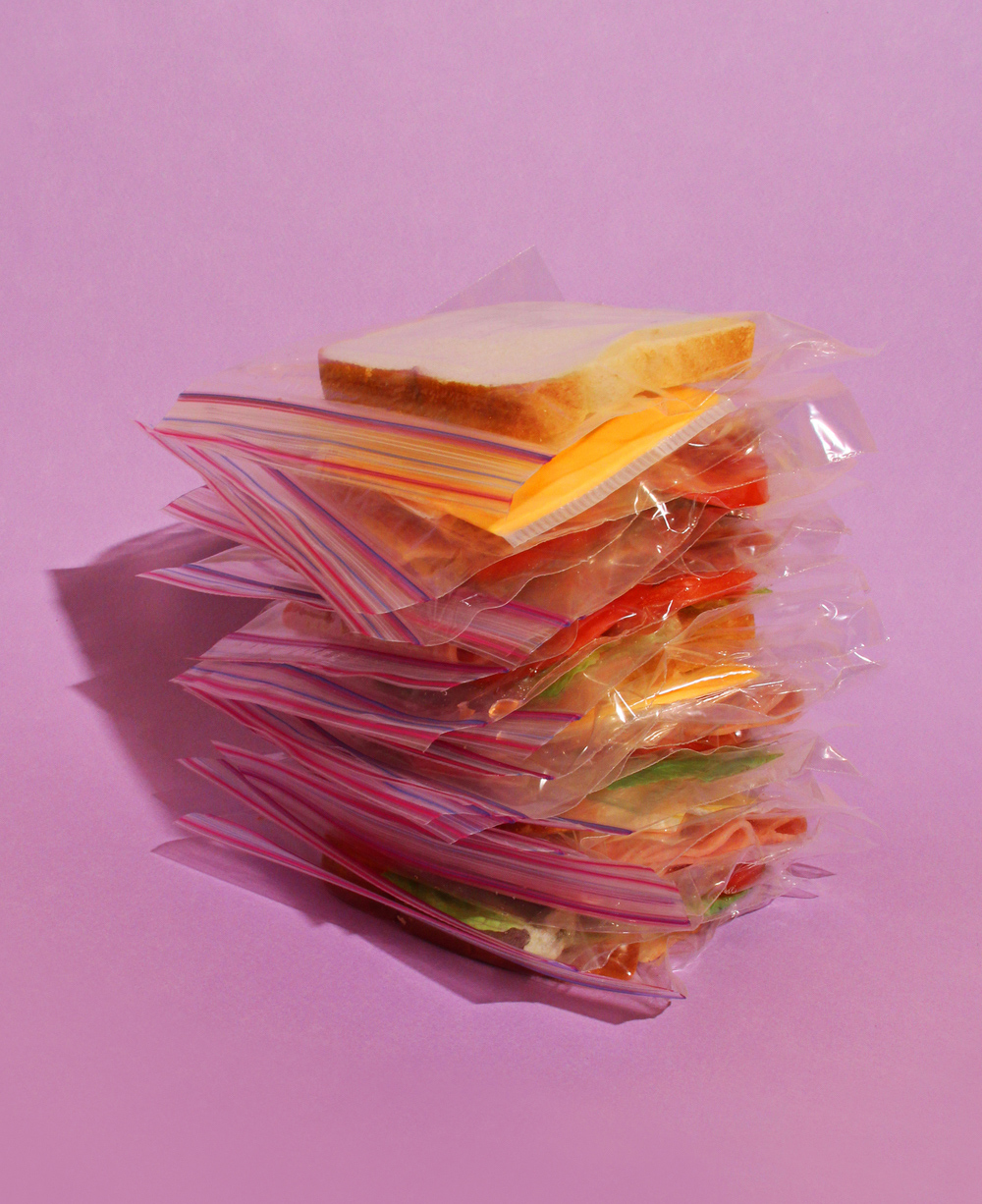 Sandwiches by Lazy Mom for Lucky Peach
Sandwiches by Lazy Mom for Lucky Peach
Dr. Danilovas and his team decided to put their efforts into creating biodegradable and anti-microbial packaging after learning that the average European citizen produces approximately 160 kilos of packaging waste annually. While non-biodegradable plastic waste makes up approximately 19% of this, this number also includes incidental food waste—think of when you can’t clean off plastic or food gone moldy in bags and then binned. By combining anti-microbial and biodegradable properties in the product, the team hopes that both packaging and food waste can be reduced.
It’s exciting to see that researchers are eager to discover new ways to package food, but whether big food companies will support these developments remains to be seen. Given the amount of other companies developing biodegradable food packaging alternatives, it seems that it’s only a matter of time before companies have no choice but to accept a more sustainable solution in the near future. In India entrepreneurs are working on creating plastic bags made from edible ingredients and there’s a brewery in Florida that’s swapped plastic six-pack rings for ones made from wheat and barley waste leftover from beer production. Let’s hope that Kaunas University’s plastic wrap can join these ranks.
